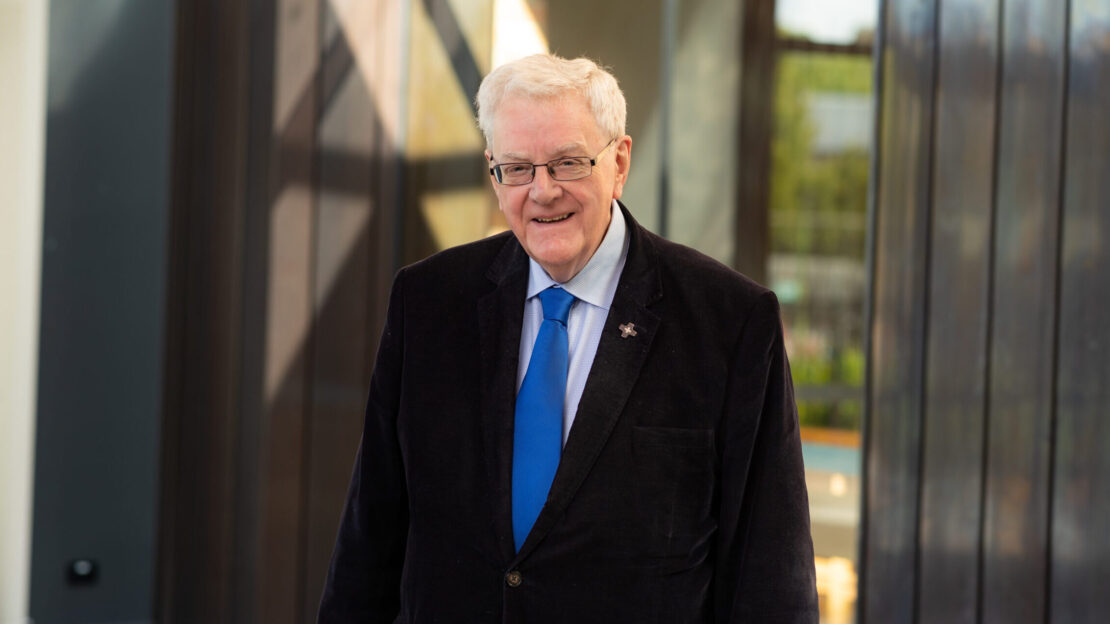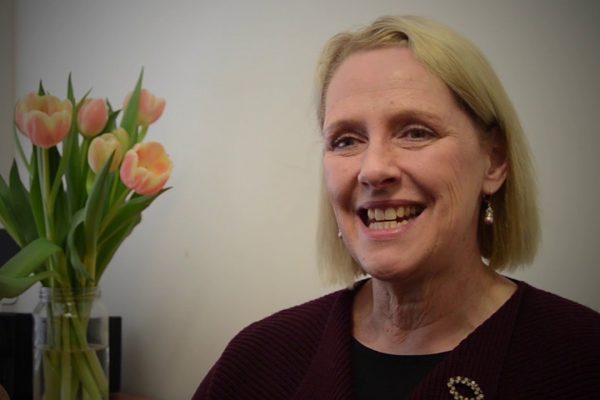New Age, New Approach – the Catechumenate
Last week in this series, we spoke of the new age in which we, the Church, are living. Coming to a new way of presenting the gospel requires a many faceted approach. It is not just a matter of better communication and clearer words but of addressing the particular view of life that people have in any particular time or culture.
This has always been something taken into account by missionaries going to peoples who have never heard of Christ and his gospel. And it was done in more and less appropriate ways. It is now an issue for the Church in countries like our own which were once explicitly and officially Christian. This is a task for the whole Church and there is a role for everyone in their particular sphere of life.
We have a model for the presentation of the gospel today in an official document of the Church published in the 1970’s called the ‘Rite of Christian Initiation of Adults’. This is the basis for what we know as the Catechumenate, of which there is an instance in our parishes. This is based on the ancient process shaped by the Church of the early centuries as the way in which people who wished to became Christians could do so. In falling back on this model, we are not just reaching for something ancient but for something which fits our present situation. Both in those early centuries and today, the Church was living in the midst of a non-Christian culture, as a result of which there was the need for a thoroughgoing way of embracing on the Christian faith.
There are four periods to the Rite of Initiation of Adults or the Catechumenate and I think they show the relevance of the process for us today.
Firstly, there is the period of Inquiry, that is a time to allow questions to be asked and to allow further questions to arise, a time to allow people who may be attracted to faith in Christ to look into what is attracting them.
Secondly, there is a period in which the opportunity is offered to go further into the faith and specially to enter into dialogue with the Scriptures, thus letting the word of God speak to those interested and to see where it takes them.
Thirdly, there is the period which takes place during Lent in preparation for Easter when those involved are prepared for baptism, confirmation and the Eucharist at the Easter Vigil. This period coinciding with Lent is the time of more intense preparation and commitment.
Fourthly, after baptism or reception into the Church, there is a period in which people are invited to go more deeply into the faith and its central mysteries.
I think that this process gives us a model for the whole life of the Church today. All of us, including committed Catholics, need the opportunity to ask our questions (Inquiry), to see how faith and life fit together; we also need to have a dialogue with the Scriptures, to let them question us and to let us question them. We need to deepen our appreciation of our faith both in terms of greater understanding of central things like the Eucharist and even more so of the person of Jesus Christ and along with this to have the chance to develop our prayer life more deeply.
By Fr Frank O’Loughlin




Comments
Add Comment